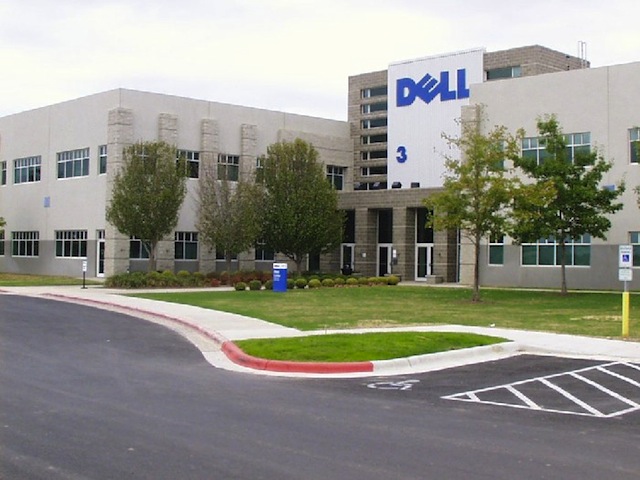Michael Dell continues to press on with his buy out bid for the computer manufacturing giant he created with a presentation to shareholders stating his case why Dell Computers would have a better future as a private company.
Dell’s assertion is the company has to move from being a PC manufacturer to a Enterprise Solutions and Services business (ESS) as computer manufacturing margins collapse in the face of a changing market and more nimble, low cost, competitors.
What’s telling in Dell’s presentation is just how fast these changes have happened, here’s some key bullet points from the slide deck.
- Dell’s transformation from a PC-focused business to an Enterprise Solutions and Services (ESS) -focused business is critical to its future success, especially as the PC market is changing faster than anticipated.
- The transition to the “New Dell” is highly dependent on challenged “Core Dell”performance.
- The speed of transformation is critical, yet “Core Dell” operating income is declining faster than the growth of “New Dell” operating income.
- Dell’s rate of transformation is being outpaced by the rapid market shift to cloud.
The market is shifting quickly against Dell’s core PC manufacturing and sales business and the company’s founder is under no illusions just how serious the problem is.
Should Michael Dell succeed, the challenge in transforming his business is going to be immense – Dell Computing was one of the 1990s businesses that reinvented both the PC industry and the vast, precise logistics chain that supports it.
It was PC companies like Dell and Gateway who showed the dot com industry how to deliver goods quickly and profitably to customers around the world. Businesses like Amazon built their models upon the sophisticated logistics systems and relationships the computer manufacturers created.
A lesson though for all of those companies that followed Dell and Gateway is that those supply chains may turn around and bite you in the future, as Michael says in his presentation;
Within the PC market, Dell faces increasingly aggressive competition from low cost competitors around the world and shifts in product demand to segments where Dell has historically been weaker.
Those low cost competitors were many of Dell’s suppliers as over time the company’s Chinese manufacturers, Filipino call centres and Malaysian assemblers have developed the management skills to compete with the US retailers rather than just be their contractors.
Something that’s being missed in the debate about globalisation at present is that its not just low value work that can be done offshore – increasingly sales, marketing and legal are moving offshore along with programmers and engineers. Now the same thing is happening with management.
The same thing is also happening with corporations as Asian giants like Samsung, Huawei, Wipro and others displace US and European incumbents.
Dell Computing has been a much a victim of that move as it has been of the decline in the PC market which means its more than one battle Michael Dell has to fight.
It may well be that Dell can survive, but we shouldn’t underestimate just how great the challenge is as the company faces major changes to its markets and the global economy.

Leave a Reply